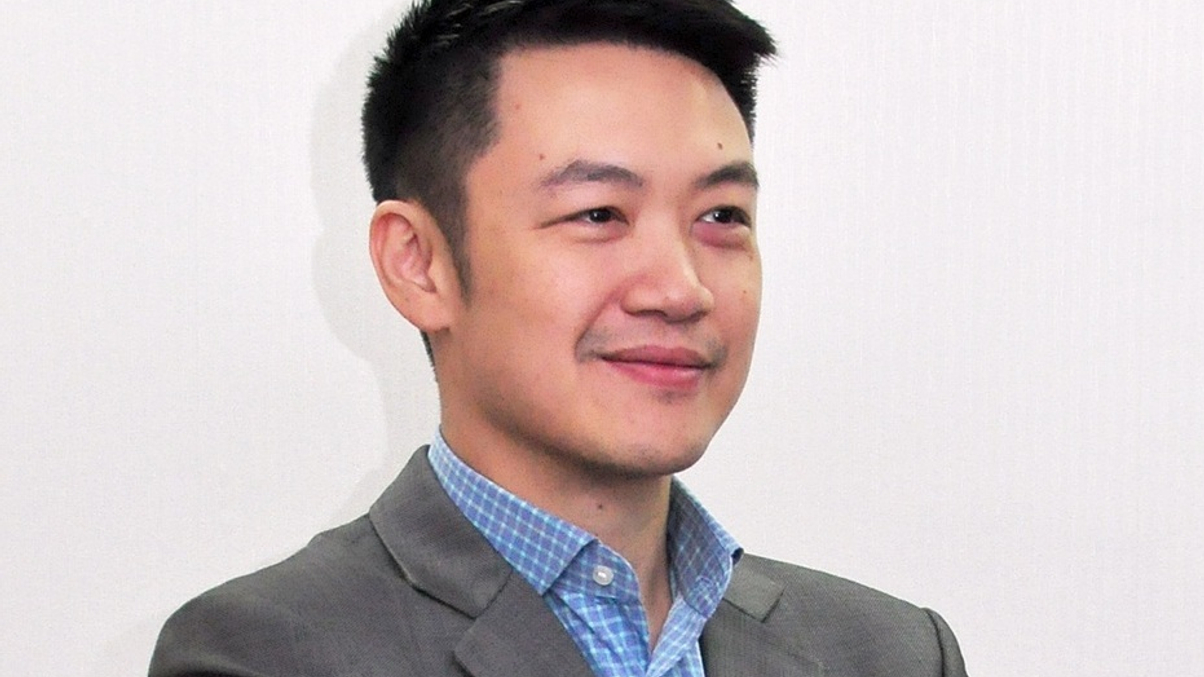Muang Thai Life set to revise asset allocation
The Bangkok-based firm expects the local regulator soon to broaden the types and amount of foreign investments that domestic insurers can make, and is ready to revise its allocation.

Bangkok-based Muang Thai Life Assurance is eyeing further investments overseas and in alternative assets, but is awaiting industry deregulation before it can proceed, AsianInvestor has learned.
Sign in to read on!
Registered users get 2 free articles in 30 days.
Subscribers have full unlimited access to AsianInvestor
Not signed up? New users get 2 free articles per month, plus a 7-day unlimited free trial.
¬ Haymarket Media Limited. All rights reserved.


